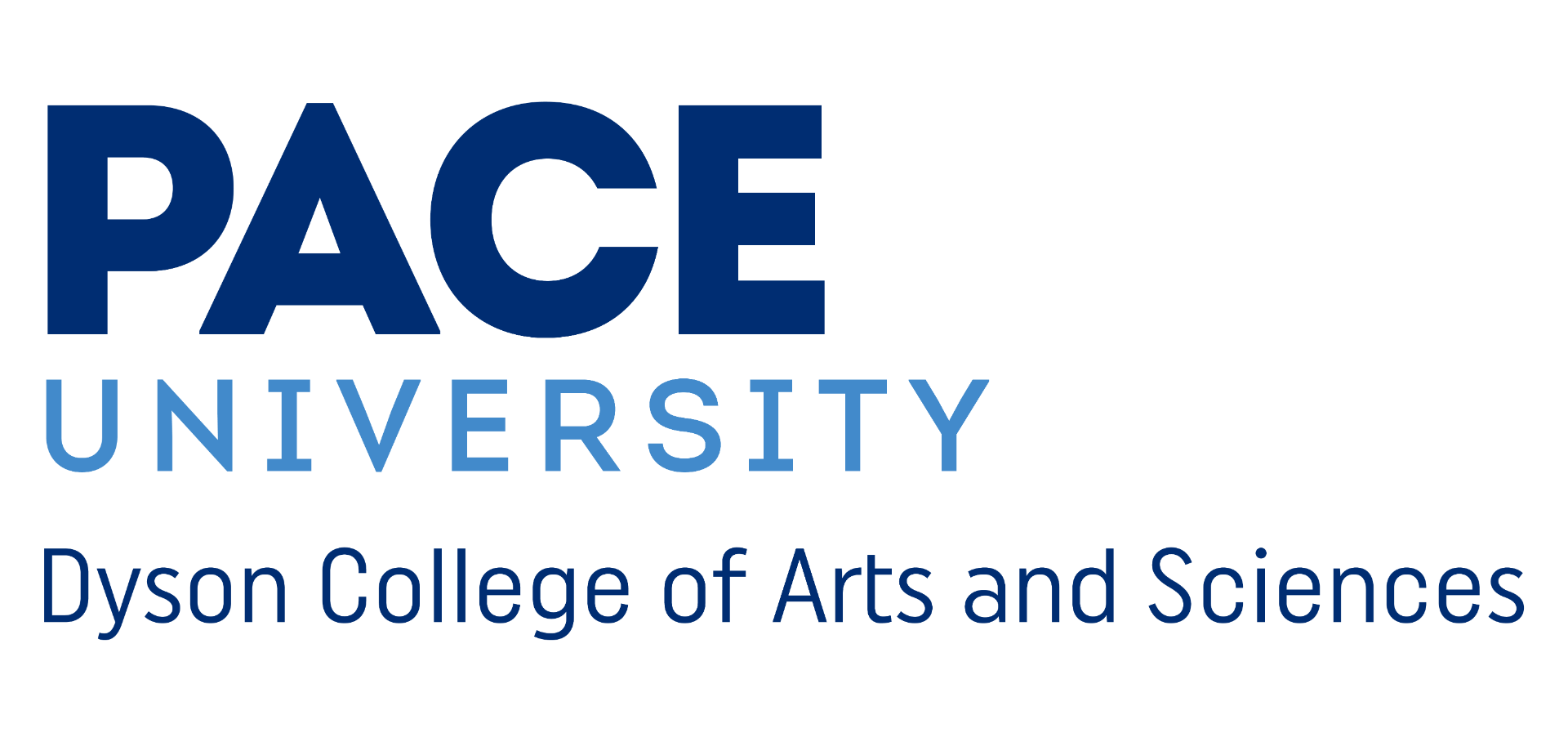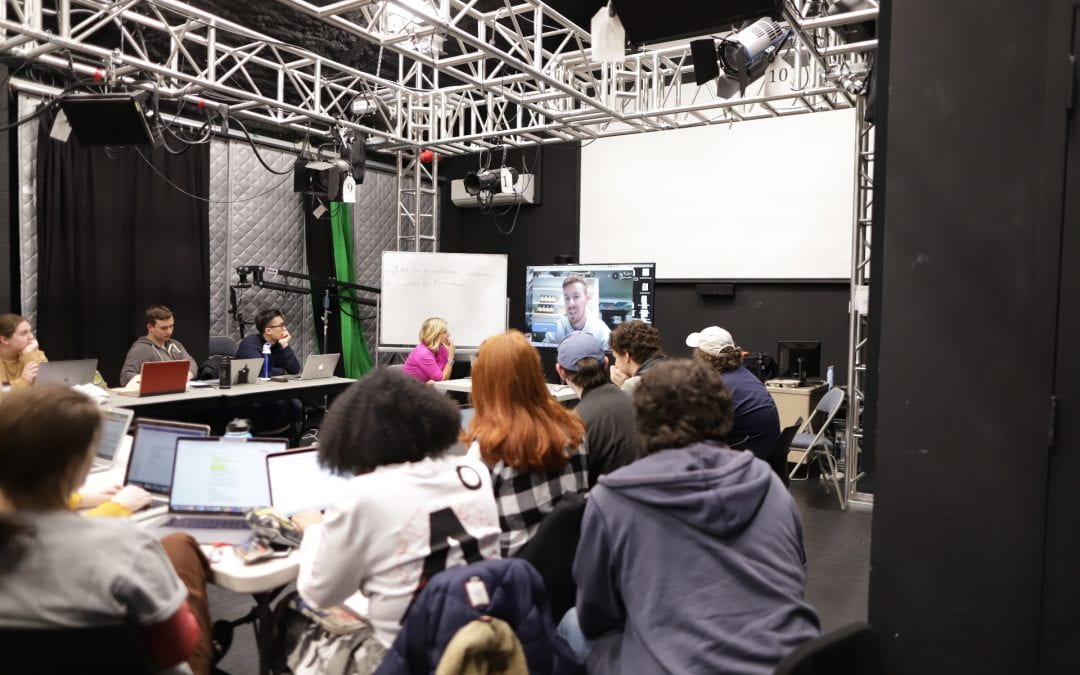Structure is everything in a documentary. In this week’s meeting, the production team learned the importance of documentary structure and how to conduct an interview. Like with any story, documentaries have a simple structure. There is a beginning, a middle, and an end. Still, some differences make it different from an ordinary story. One of the differences is that in a documentary, the filmmakers must find the story. So instead of having everything planned out, the filmmakers must piece a documentary together as they find the story. Any mission of a documentary is to report what is happening and to give unbiased facts to the audience. Another thing that is important for any documentary is the interviews. Interviews are the way that many documentaries tell their story, so we must get interviews right for our own documentary.
Speaking of interviews, the production had to put their new knowledge of interviewing earlier than expected. As part of the meeting, we had the chance to interview Evan Reseska, a beekeeper who is the co-owner of Boston Honey Company. From Evan, the team learned about his family business that has over 3,500 hives in Massachusetts, Upstate New York, and Georgia. We learned the daily life and work schedule of a beekeeper, which includes preparing and maintaining hives for the season. Evan also talked about part of his business of renting hives to farmers. The team then asked Evan about problems that beekeepers face like Colony Collapse Disorder, mites, diseases, pesticides, and even Hive theft and vandalism.
Do you or someone you know keep bees? We want to hear your story! Pace University’s Pace Docs crew is in the process of producing a documentary about Urban Beekeeping, the latest in a series of award-winning environmentally and culturally relevant documentaries from our department. Contact us at paceudocs@gmail.com. And follow us on Instagram, Facebook, Twitter, and Tik Tok for more content!

